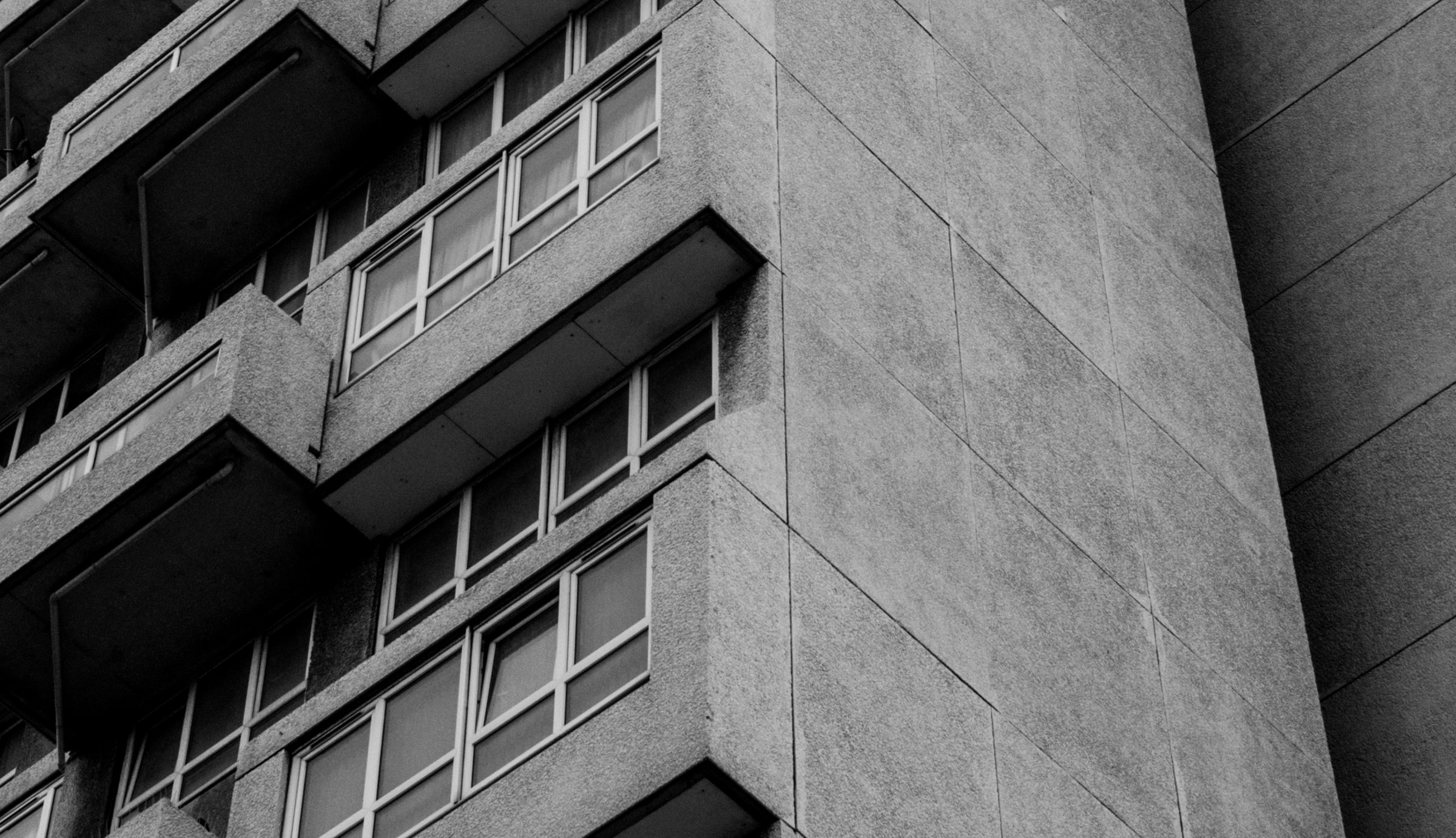Social Housing Regulation Bill: Stronger Protection For Tenants

The UK Government will introduce the Social Housing Regulation Bill into parliament today (8 June), following on from its inclusion in the Queen’s Speech. Housing Industry Leaders investigates how the Bill will provide stronger protection for tenants.
As promised in the Queen’s Speech, the Social Housing Regulation Bill will include several reforms that will have a positive effect on the social housing sector and mean that more people will be living in decent, well looked-after homes. The Bill will form a key part of the UK Government’s mission to level up across the country.
Under the Social Housing Regulation Bill, the Regulator of Social Housing will have stronger powers to issue unlimited fines and enter properties with only 48 hours’ notice instead of the previous notice of 28 days.
In giving the Regulator of Social Housing expanded powers, the watchdog will be able to access landlords on consumer standards, such as health and safety, repairs performance and complaints handling.
Tenants Will Be Given A Voice To Push For Changes
To make tenants feel safer in their homes, tenants will now be able to demand information and rate their landlord as part of new satisfaction measures.
With a new 250-person residents panel, which will see tenants share their experiences with ministers every four months, inform policy thinking and help to drive a change in the sector, tenants will have a direct line to the government.
Michael Gove, Secretary of State for Levelling Up, Housing and Communities, said: “In 2022 it is disgraceful that anyone should live in damp, cold and unsafe homes, waiting months for repairs and being routinely ignored by their landlord.
“These new laws will end this injustice and ensure the regulator has strong new powers to take on rogue social landlords.
We are driving up the standards of social housing and giving residents a voice to make sure they get the homes they deserve. That is levelling up in action.
The Serious Detriment Test Will Be Scrapped
Another change will see the serious detriment test scrapped. The test sets a high legal bar for when the Regulator of Social Housing can intervene on consumer issues, and only when tenants are at a serious harm risk. In recent years, it has meant that action against landlords has only been taken in the most serious of cases.
Now, all social landlords will have a named person who is responsible for health and safety requirements, and housing associations will now be subject to Freedom of Information-style information-sharing requirements.
If the regulator finds that the standards of the property are putting tenants’ lives at risk, it will be able to order emergency repairs, with landlords footing the bill.
Unlimited fines will be levied at housing associations and councils that are discovered to be under-performing, while the government will aim to create a programme which names and shames the worst culprits.
More Measures Must Be Put In Place To Help People
Crossbench Peer and Founder of The Big Issue, Lord John Bird, said: “I’m pleased to hear that the government has committed to introducing legislation through the Social Housing Regulation Bill to strengthen protections for private renters and socially rented sector. It is vital for all residents to live in a safe, secure, good quality and affordable home.”
“These protections for renters is a welcome step from the government, and I hope to see further preventative measures put in place to help people, especially those who are already struggling to make ends meet, remain in their homes and not put at risk of homelessness.
There is still more that can be done to safeguard low-income renters and reduce inequality, so let’s make sure we carry on building on this progress.
Alongside the Bill introduction, the UK Government is seeking views on electrical safety standards for social housing via a consultation so that they can ensure that tenants feel safe in their homes.
Following on from the Building Safety Act and the Fire Safety Act, the Social Housing Regulation Bill marks the latest step in response to the Grenfell Tower fire.

